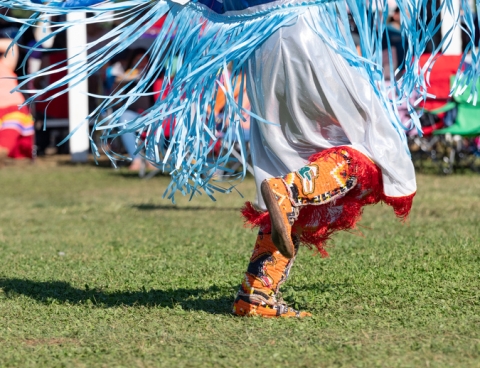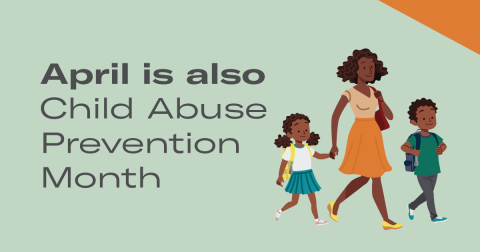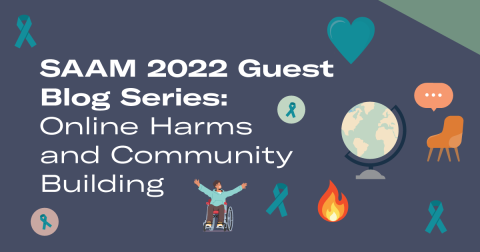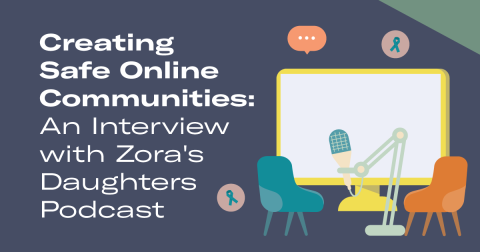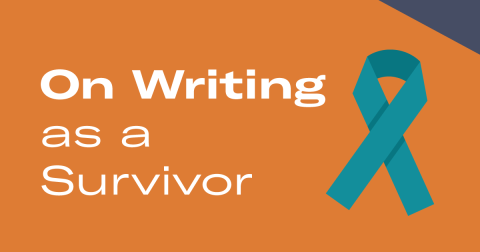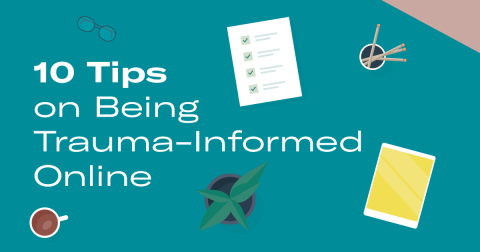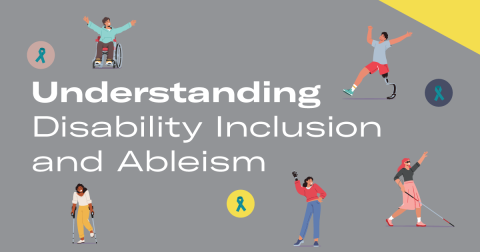- Dic 14, 2022
- JL Heinze
The following list is meant to connect folks with resources that address an array of issues in the Indigenous and Native community.
Survivor & Domestic Violence Resources
A Toolkit for Action Tribal Community Response When a Woman Is Missing from National Indigenous Women's Resource Center
- Jun 13, 2022
- JL Heinze
Spanish (Español)
Niños saludables con el apoyo familiaren español
Guia de recursos para salir del closet
Aprendiendo el Vocabulario de identidades transgénero
¿Y Ahora Que?
- Jun 13, 2022
- JL Heinze
This resource hub is designed to guide individual communities under the LGBTQIA+ umbrella in accessing help, information, research, or support. Please note that we are not affiliated with, nor do we endorse, any of the below recommendations.
Find LGBT Community Center in the CenterLink Directory
See our list of non-English PRIDE Resources
- Abr 21, 2022
- JL Heinze
April is the month we highlight our annual Sexual Assault Awareness Month (SAAM) campaign; however it is also National Child Abuse Prevention Month (NCAPM). The issues of sexual violence and child abuse, have many connections. Both are part of overarching experiences of harm that contribute to the continued reproduction of trauma and oppression in society and across generations.
- Abr 12, 2022
- JL Heinze
In the spirit of our SAAM 2022 campaign slogan "Together We Can Create Safe Online Spaces", our partner Guest Blog Series seeks to provide reflections on lived human experiences with online harms, realities, and communities. Recent research shows that women, people of color, individuals with disabilities and LGBTIQ+ folks are not only more likely to experience harassment, but that the content of the harassment is more severe.
- Abr 11, 2022
- JL Heinze
Creating online communities and virtual media which are inclusive, safe, and respectful is vital to creating more promising, trauma-informed futures. NSVRC invited Brendane Tynes, the co-creator of the Zora’s Daughters podcast, to discuss how they’ve curated a respectful and inclusive online space. Zora’s Daughters is a society and culture podcast that uses Black feminist anthropology to think about race, politics, and popular culture.
- Mar 23, 2022
- JL Heinze
While online spaces can play a role in healing, they can also be spaces of abuse and harassment.
- Mar 23, 2022
- JL Heinze
Being trauma-informed means taking into consideration a person’s experience of trauma and their reactions to it.
- Mar 23, 2022
- JL Heinze
A disability-informed future requires more awareness, education, and standardized implementation of accessible technologies.
Paginación
- Página anterior
- Página 2
- Siguiente página

